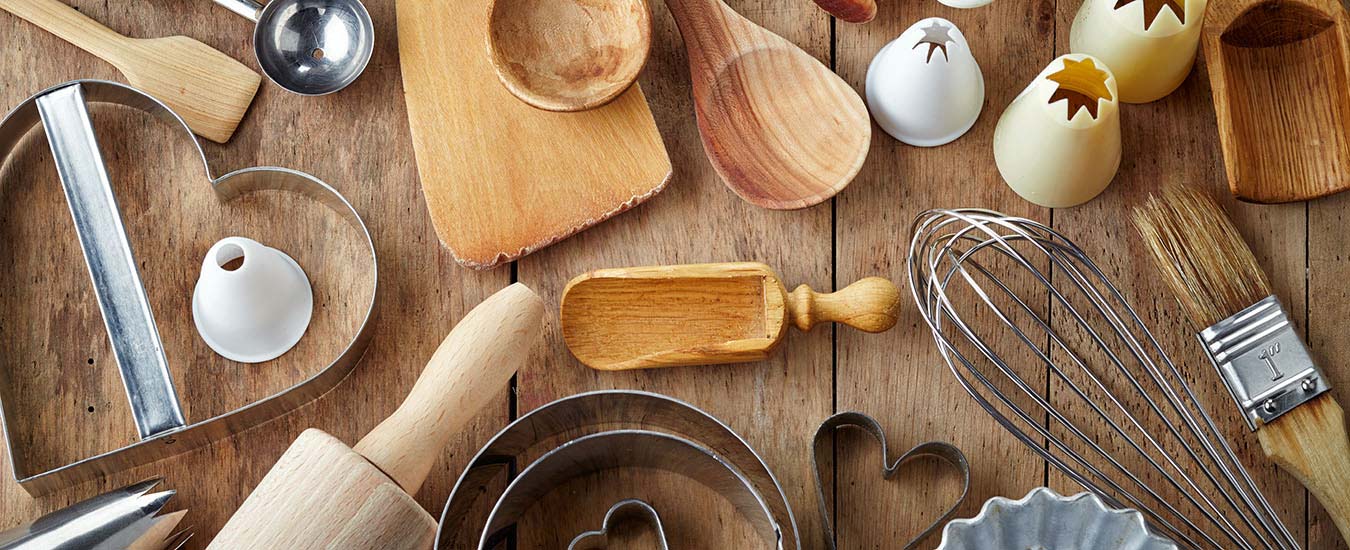Bob Arniel was about 13 years old and living in the small town of Roseneath, ON when he got his first food-related job—at the local café. He was fascinated by the foods the owners reconstructed from their travels.
Bob went on to become a Certified Chef de Cuisine (CCC), the highest professional standing for a chef in Canada. He has also attended the Culinary Institute of America.

In 1985, Bob bought a one-way ticket to St. John’s, NL. His career took different paths, including a stint on the set of the movie Rare Birds, based in Newfoundland. He acted as a mentor to William Hurt, who played the role of a restaurateur in the film; he and his staff also prepared the food used in the dining scenes.
A decade after he arrived, Bob started his own company in St. John’s called Chef to Go. The business offers a variety of services including catering, cooking lessons, consulting and food styling. Check out his website (cheftogo.org) to find out about his hugely popular prix fixe dining evenings—designed to showcase his talents in a multi-course meal.
Bob has accumulated numerous awards. Two years ago, he won the Edna Award from Cuisine Canada, an industry lifetime achievement award, named for Edna Staebler, one of the first Canadian authors to promote regional food.
Q What accomplishment are you most proud of?
A Being able to start and maintain a successful small business. Chef to Go has been operating since 1995, teaching cooking classes and catering private events at our current address on Barnes Road since 1997.
Q What is your favourite ingredient?
A Like all chefs, I try to incorporate local ingredients into my cooking. The ingredients collected from the wild can be the best. Berries in Newfoundland are fabulous: bakeapples (called cloudberries elsewhere) in July, blueberries in August, partridgeberries in September and marshberries (a type of cranberry) in October. I use berries in savoury as well as sweet dishes.
Q What kitchen tools can you not live without?
A If I am doing outside catering, even in a well-stocked kitchen, I always make sure I have a set of tongs.
Q What is your favourite style of cooking?
A I like different kinds of cooking, and that shows in the more than 20 cuisines that I teach in my Saturday seminars. Most regions’ cuisines are based on country-style cooking, so if I had to pick a favourite broad style it would be that. I also embrace what I call “glocal fusion,” blending the best local ingredients with flavours from around the world, using classic cooking techniques.
Q Do you have any cooking tips to share?
A View recipes as blueprints; don’t be afraid to adjust, add more spice or add another ingredient. Unless you are using baking formulas, cooking is much more fun when you freewheel a little.
Q What do you like to do when not in the kitchen?
A I like to travel around the world with my wife, and play golf and poker—definitely in that order.
Q What is the most embarrassing thing that has ever happened to you in the kitchen?
A In one of my first cooking classes here, I was doing a demonstration on flambéing shrimp and scallops with Pernod. I made sure the flame went very high. When I asked if anyone had any questions, someone said, “Is your hair supposed to be smoking?”
